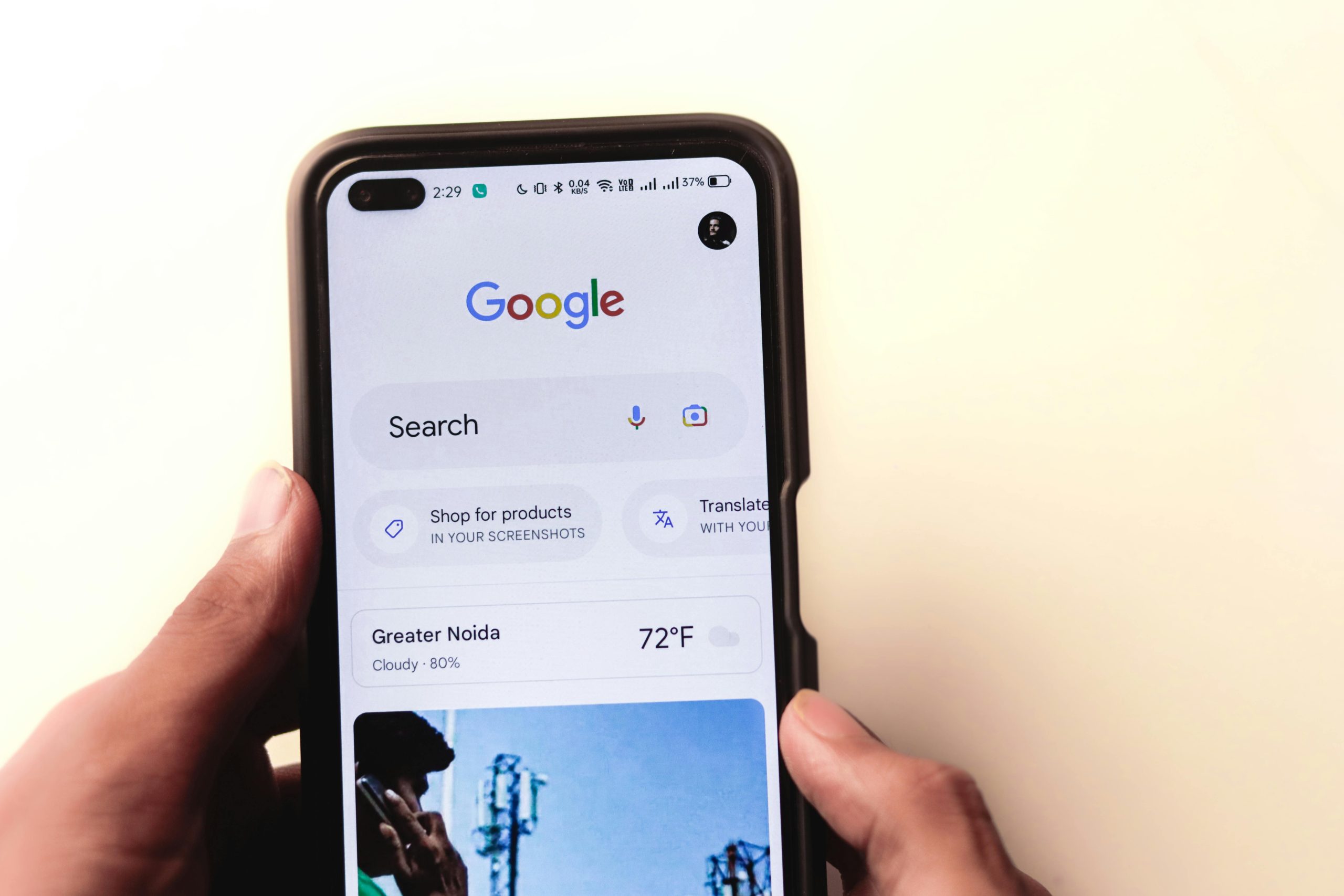Understanding Google Page Speed Scores and SEO: Is 70+ Good Enough?
As a website owner, you might wonder how technical factors like Google Page Speed scores impact your search engine optimization (SEO) efforts. Recently, I set up a new WordPress site on Hostinger, equipped with LiteSpeed Cache and a CDN powered by QUIC.cloud. Though I have limited coding experience, I was able to identify and exclude certain CSS and JavaScript files that disrupted my site’s caching and optimization processes.
Despite my efforts, my site seems to be struggling with visibility. I have approximately 12 service pages and 5 blog posts, all targeting low-competition keywords. However, I consistently find my content appearing on page 6 of search results or even further down.
Currently, my Google PageSpeed score stands above 70 for both mobile and desktop devices. This raises an important question: Does this score indicate that my website delivers a user experience strong enough to improve search rankings?
What Does a 70+ Google PageSpeed Score Mean?
A Google PageSpeed score of 70 or higher generally suggests that a website is performing decently. Google employs PageSpeed insights to evaluate site performance, focusing on metrics that influence user experience, such as load times and interactivity. However, while a good speed score is beneficial, it’s not the sole determinant of your search rankings.
Factors Influencing SEO Beyond Page Speed
-
Content Quality: High-quality, relevant content is crucial for SEO. Ensure that your pages and blog posts provide valuable insights and address the needs of your target audience.
-
Keyword Optimization: Properly optimizing your content for the right keywords—not just low-competition ones—can help improve visibility. Conduct thorough keyword research and analyze related terms that your audience might be searching for.
-
Backlinks: The number and quality of backlinks pointing to your site significantly affect its authority and search position. Focus on building relationships and earning links from reputable sources.
-
User Engagement: Factors like bounce rate, average time on page, and user interaction may influence rankings. Create engaging content that encourages users to spend more time on your site.
-
Technical SEO: Beyond speed, make sure your site is optimized for mobile devices, has a proper URL structure, and utilizes meta tags effectively.
Conclusion
While a Google PageSpeed score above 70 is a positive indicator for your website’s performance, it’s essential to consider the broader scope of

